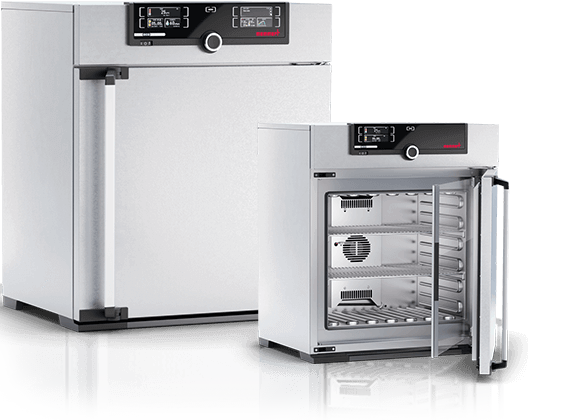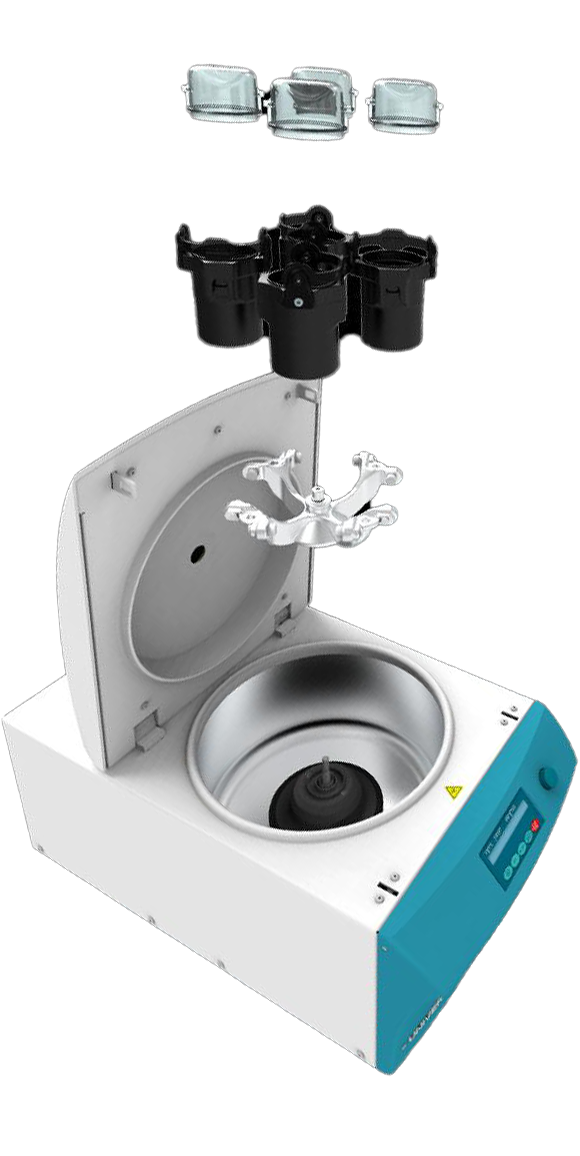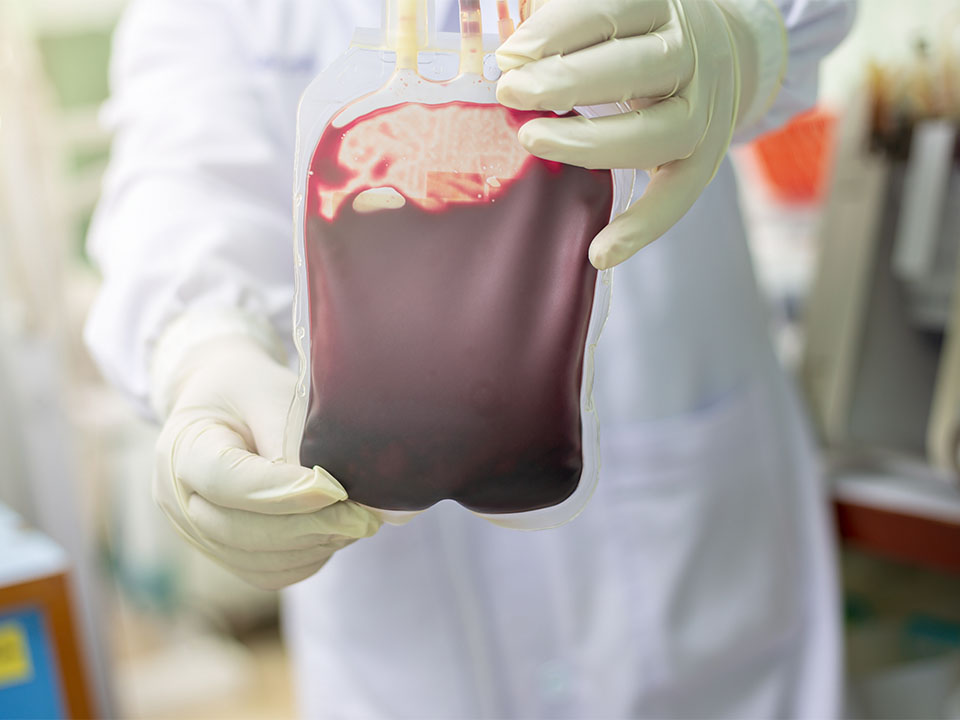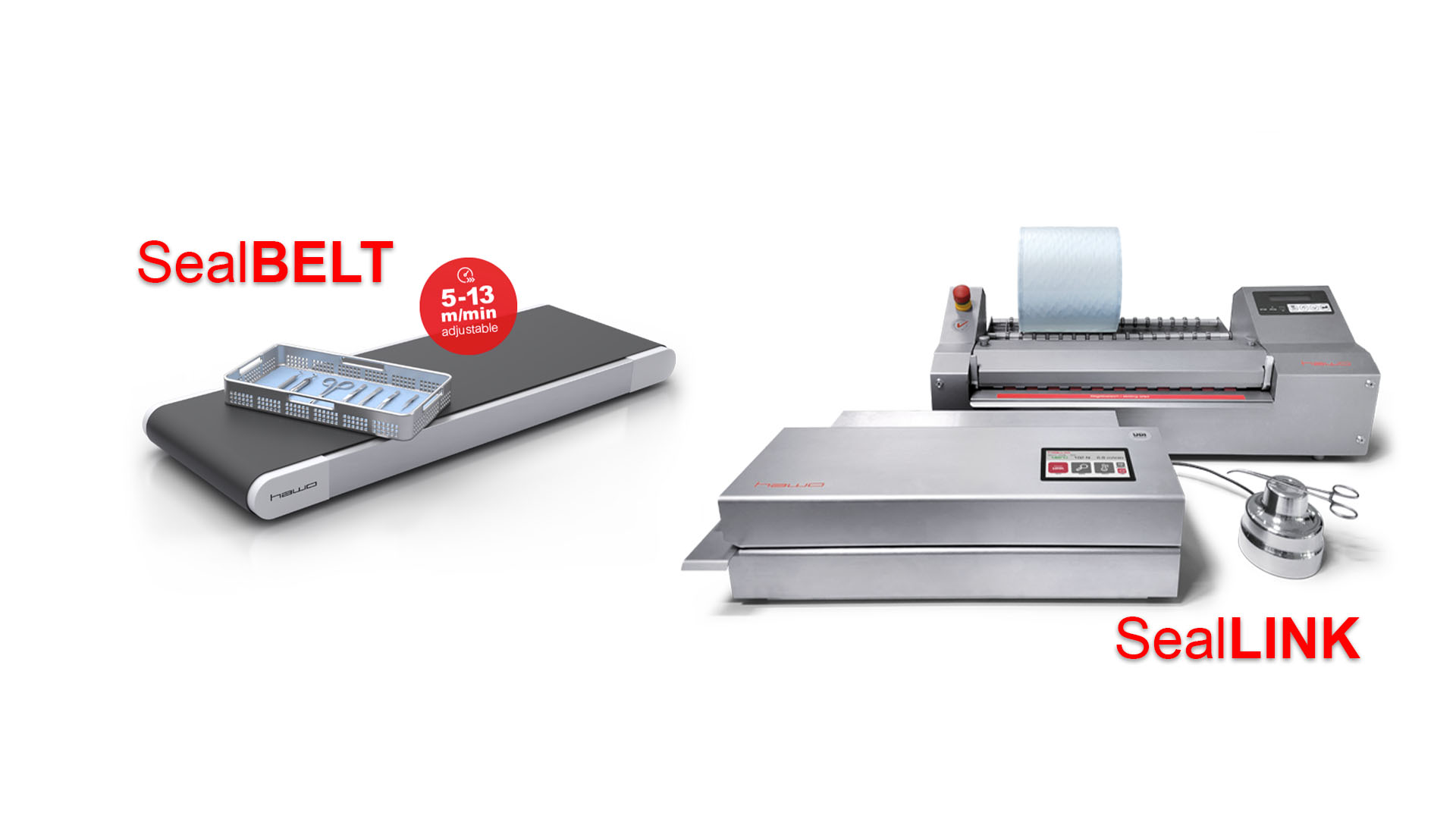It is the stuff of science fiction. Imagine never having to worry about low blood stocks and instead being able to manufacture red blood cells as and when you need it?
It might sound a bit unbelievable now, but in fact scientists are edging closer to actually transfusing small quantities of manufactured red blood cells into humans. A large amount of research has been carried out by NHS Blood and Transplant in conjunction with the Universities of Bristol, Cambridge and Oxford. However, this research is not new and scientists all over the world have been working on developing manufactured blood for a number of years now. Only now, after a series of breakthroughs, are they looking likely to actually implement it.
By 2017, we can expect to see the first clinical trials on human volunteers. The blood transfused into the volunteer will not be from donors, but instead from a production facility in a laboratory. Scientists will compare and contrast the results of those transfused with manufactured blood and those with regular donated blood.
The short term goal of all of this is not to replace blood donation, but to provide specialist treatment for specific patient groups. Only after many years of successful production of synthetic blood, can one even think about manufacturing in unlimited quantities and replacing blood donations altogether.
So how is manufactured blood created? The science is in dedifferentiating fibroblasts from an adult blood donor and reprogramming them into induced pluripotent stem cells (iPSC). These iPSCs are then cultured in a bone marrow like environment for up to a month. The red blood cells are then carefully extracted from the cell culture. Scientists have been able to do this in small quantities for some time now, the problem has always been managing to scale it up to production level.
There are three main advantages of producing manufactured blood as opposed to obtaining blood from human donors. The first is that obtaining voluntary donations from human donors is an uphill struggle. Blood stocks regularly run at critically low levels at certain times of the year, especially for the rarer blood groups such as type O negative of which only represents 7 per cent of the blood donor pool. Being able to manufacture the blood needed will solve issues with supply and demand.
The second advantage is that the patient is much less likely to be inadvertently transfused with infected cells. Blood donations from humans can invariably and unknowingly be contaminated with pathogens which cause complications for the patient. Manufactured blood is cleaner and safer.
Finally, there is a significant cost advantage. Currently, it costs the NHS around £120 to transfuse a single unit of blood. The process of manufacturing blood, if scaled up to an industrial level, could be a lot less expensive.
It seems inevitable that the use of manufactured blood for certain applications will become a reality in the near future. Only time will tell if it is successful and whether it can wholly replace human blood donations.









